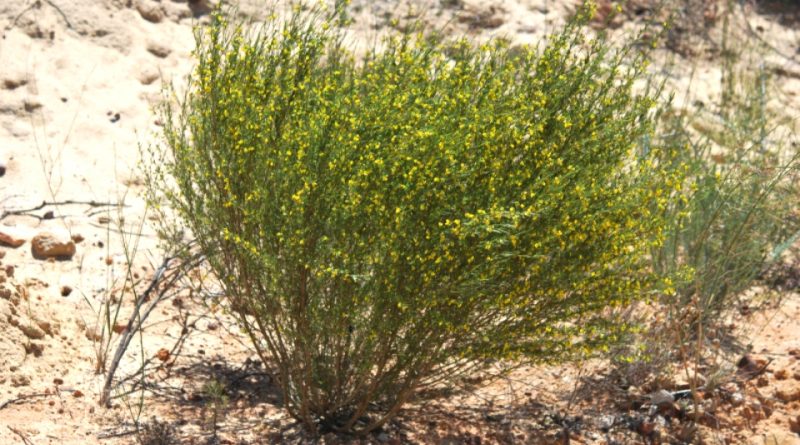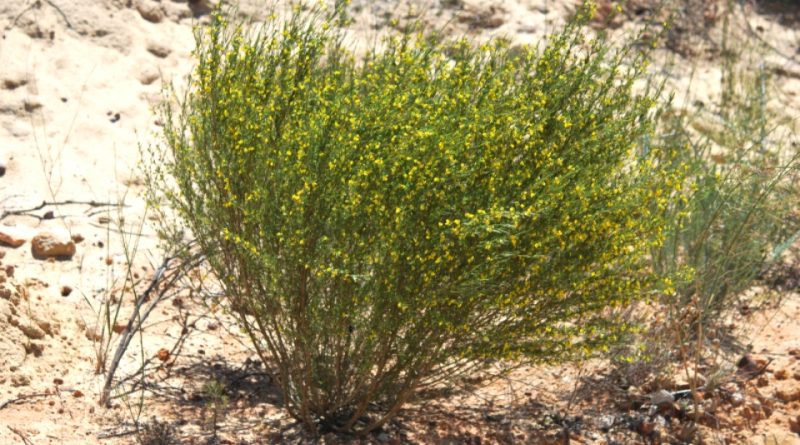Vermi Organics
Aspalathus linearis - Plant
Aspalathus linearis - Plant
- Comes with a self watering pot
- 3-7 Days Delivery
Couldn't load pickup availability
- Organic
- International Shipping
- Fast Delivery
Embark on a journey of botanical discovery with Vermi Organics and our exquisite offering, Aspalathus linearis. Commonly known as Rooibos, this South African native plant boasts a unique charm with needle-like leaves and a wealth of health benefits. Discover the allure of Rooibos as it graces your garden with its vibrant foliage and becomes a delightful addition to your wellness routine.
About: Aspalathus linearis, or Rooibos, is a flowering plant native to the mountainous regions of South Africa. Renowned for its needle-shaped leaves and distinctive reddish-brown hue, Rooibos has gained global popularity not only for its ornamental appeal but also for its infusion, known as Rooibos tea. The plant is part of the Fabaceae family and has become a symbol of South African biodiversity and cultural heritage.
Benefits: Rooibos is celebrated for its diverse array of health benefits. Rich in antioxidants, it supports the body's natural defense mechanisms and promotes overall well-being. Rooibos tea, derived from the leaves of the plant, is caffeine-free, making it a soothing and hydrating beverage suitable for any time of day. Additionally, Rooibos is believed to have anti-inflammatory properties and may contribute to improved digestion.
Type of Plant (Indoor or Outdoor): Rooibos is best suited for outdoor cultivation, thriving in sunny and well-draining conditions. In regions with a Mediterranean climate or similar, Rooibos can be planted directly in the garden. For those in colder climates or urban settings, Rooibos adapts well to container gardening, making it a versatile addition to both spacious gardens and compact balconies.
Care: Caring for Rooibos involves providing it with the right conditions for optimal growth. This plant prefers well-draining soil with a slightly acidic to neutral pH. Adequate sunlight is essential, with Rooibos thriving in full sun conditions. Regular watering is crucial, especially during dry periods, to maintain soil moisture. Pruning can be done to shape the plant and encourage bushier growth, ensuring a bountiful harvest of leaves for tea.
Common Names: Rooibos goes by various common names, reflecting its diverse uses and cultural significance. In addition to its botanical name, Aspalathus linearis, Rooibos is known as Red Bush, Bush Tea, and South African Red Tea. These names capture the essence of this remarkable plant and its rich heritage.
Specifications:
- Scientific Name: Aspalathus linearis
- Height: Typically 2 to 3 feet
- Foliage: Needle-like leaves, reddish-brown in color
- Flowers: Small yellow flowers in clusters
- Soil: Well-draining, slightly acidic to neutral pH
- Watering: Regular, allowing soil to dry between waterings
- Sunlight: Full sun
- Harvesting: Leaves can be harvested once the plant is well-established
Special Features: Rooibos is renowned for its vibrant and needle-like leaves, which take on a distinctive reddish-brown hue, creating an eye-catching display in any garden. The plant's adaptability to different climates and its ability to thrive in a variety of conditions make it a standout choice for both novice and experienced gardeners. The small yellow flowers add a touch of delicacy to the overall appearance.
Uses: Beyond its ornamental value, Rooibos finds its primary use in the creation of Rooibos tea, a beloved beverage worldwide. The leaves of the plant are harvested, dried, and then brewed to produce a fragrant and caffeine-free infusion. Rooibos tea is celebrated for its smooth, slightly sweet flavor and is often enjoyed on its own or enhanced with various herbal additions. In addition to its culinary uses, Rooibos is also employed in traditional medicine for its potential health benefits, ranging from antioxidant support to digestive wellness.
Share


